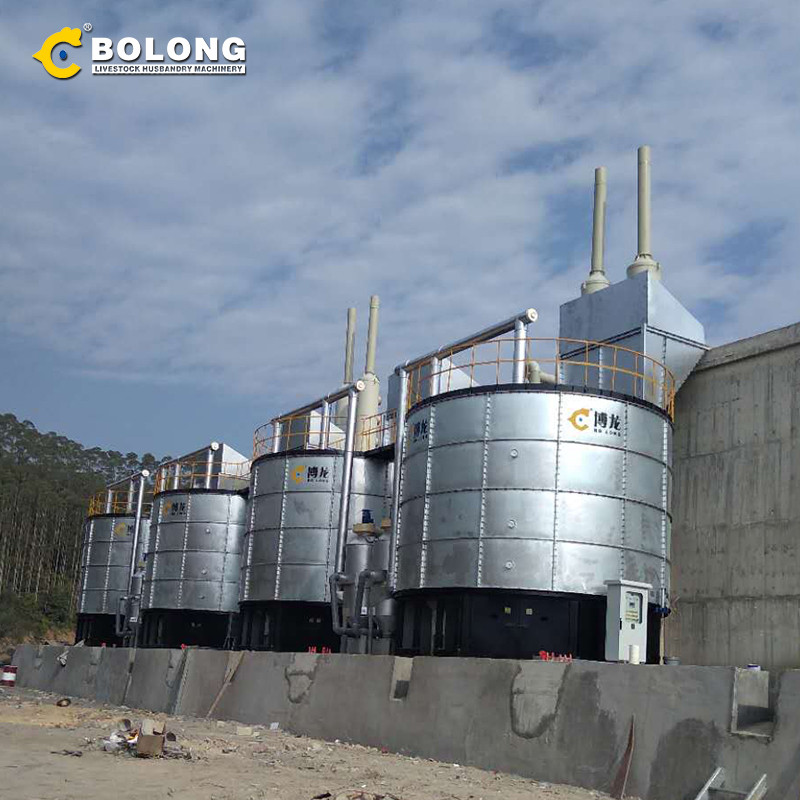2024/5/14/ · The objective of this article was to design and develop a sustainable system for wastewater treatment and the generation of biofuels based on the biomass of the aquatic plant Eichhornia crassipes
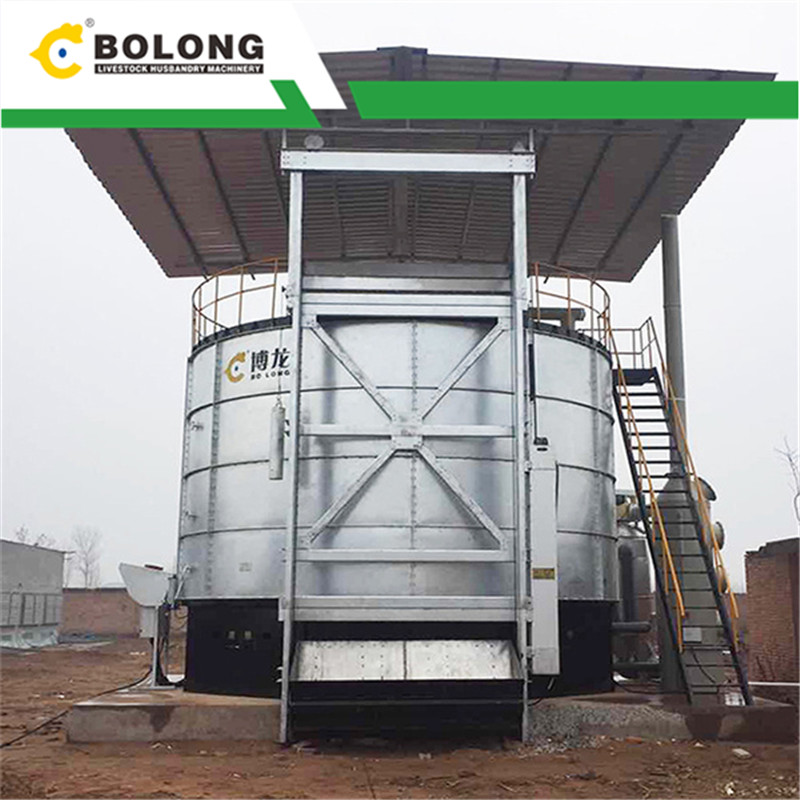
2024/5/14/ · The objective of this article was to design and develop a sustainable system for wastewater treatment and the generation of biofuels based on the biomass of the aquatic plant Eichhornia crassipes
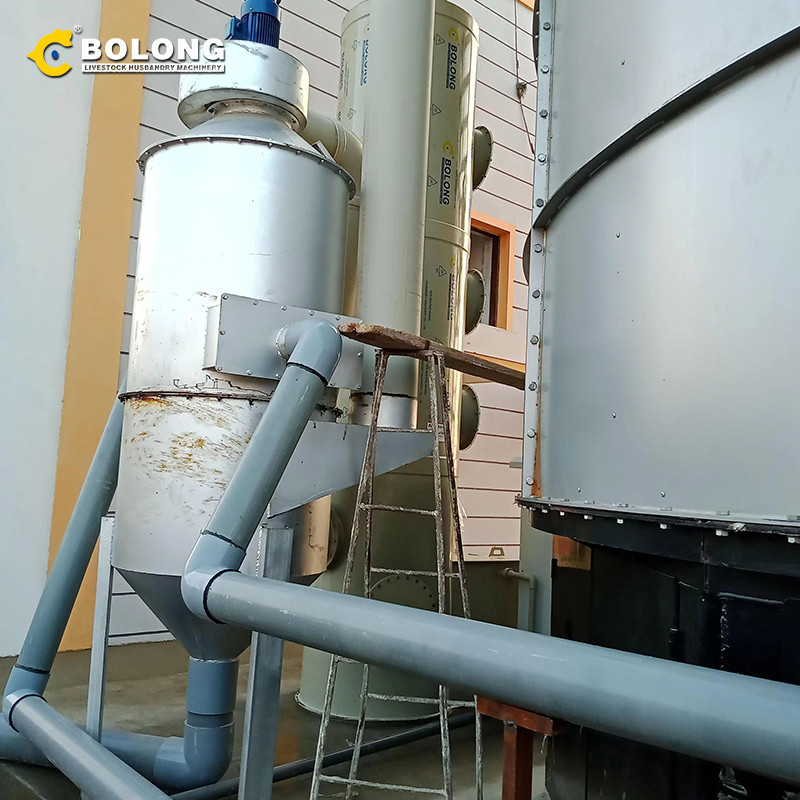
Biological fermentation pilot-scale systems and evaluation for commercial viability towards sustainable biohydrogen production Quanguo Zhang1,2, Youzhou Jiao1,ChaoHe1,RogerRuan3,JianjunHu1,

2021/7/1/ · This study also reviewed the current technical challenges of this integrated system application and suggested sustainable solutions towards its industrial implementation. Graphical abstract. Download supply a low voltage to the dark fermentation system to empower the electrochemically active bacteria for further
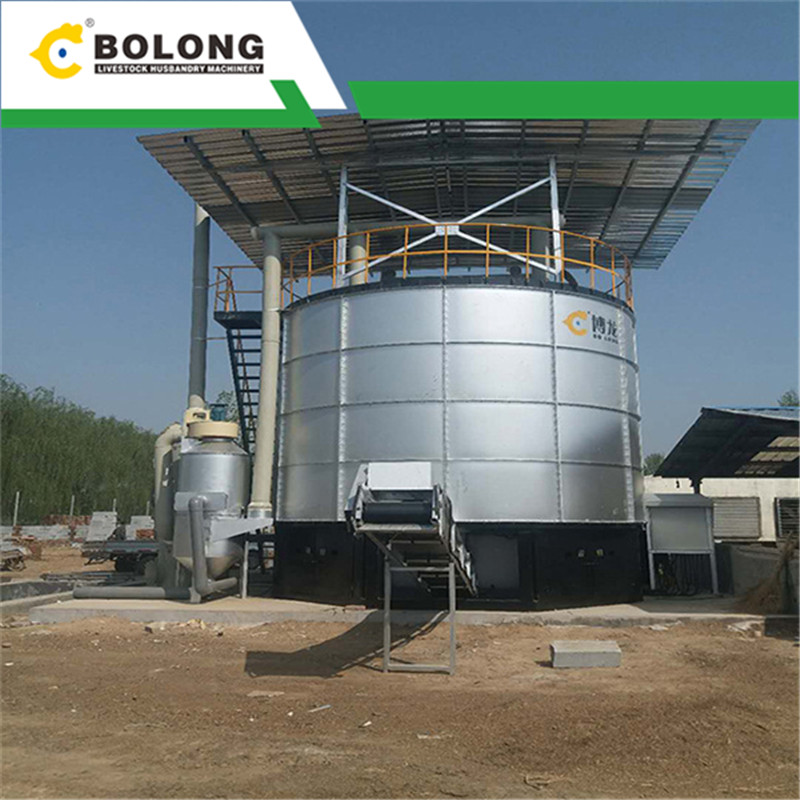
Fermentation-derived protein can help build a more efficient and sustainable food system – while also improving global health and boosting the economy. Fermentation presents an opportunity to fundamentally change how the world eats and improve global

2015/10/24/ · Currently, the use of alternative renewable energies is broadly supported in many countries, some of which are seriously evaluating the possibility of using hydrogen as an alternative fuel in their power systems. Hydrogen production by biological processes, such as dark fermentation, is a very promising alternative. However, this process has
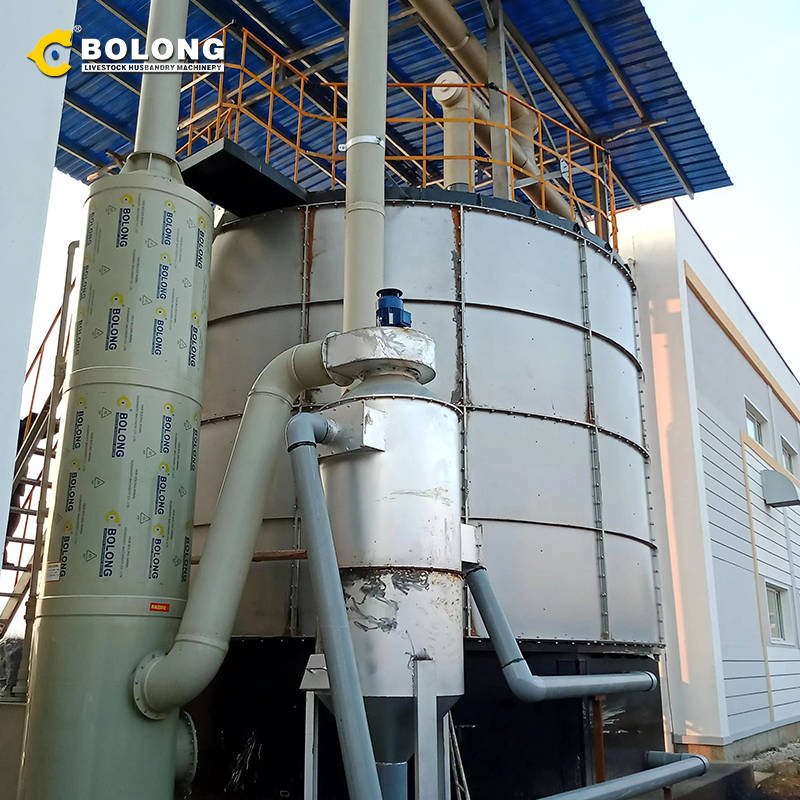
2021/4/27/ · These and other uses show that fermentation can become an important solution for sustainable food production by converting food waste and by‐products into food products. there is still tremendous untapped potential and endless possibilities for new applications in our current food systems—from fermentation‐derived ingredients to

2021/8/1/ · The distribution of the diversity indices in the +PC1 direction along with HY (Fig. 5 c) inferred that nanoparticle supplementation improves the microbial diversity in the fermentation system to generate more H 2. 3.7. Techno-economic and sustainable development goals relevant to industrialization, black liquor management, and bioenergy

2024/2/1/ · The combined system increased the total biohydrogen production by 41 % compared to the fermentation system alone, with a total biohydrogen production rate of 0.24 m 3 H 2 /(m 3 ·d), resulting in electrical energy generation and improved energy recovery efficiency.
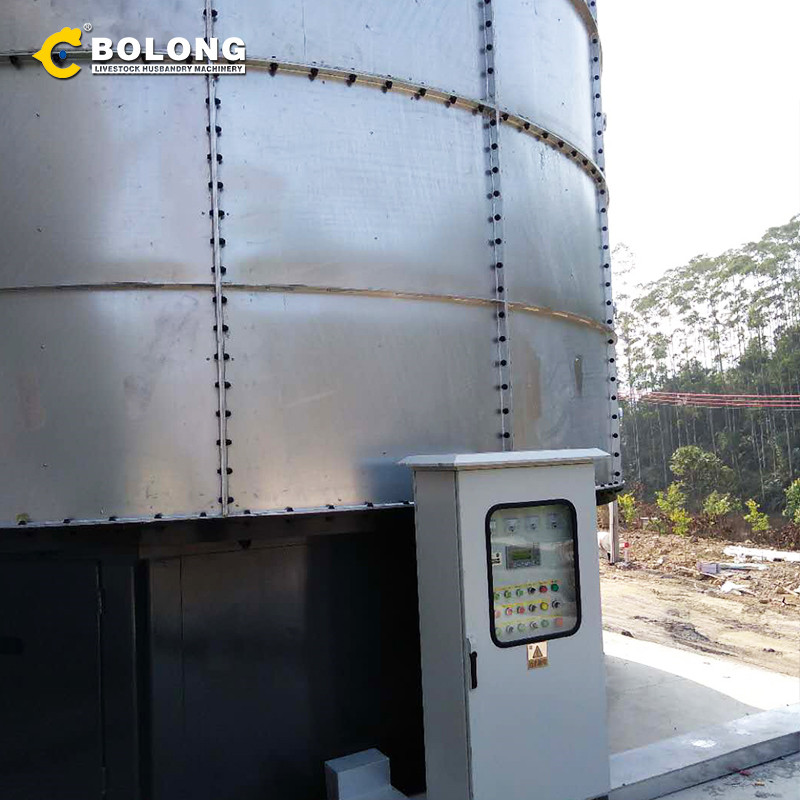
2021/5/5/ · These and other uses show that fermentation can become an important solution for sustainable food production by converting food waste and by‐products into
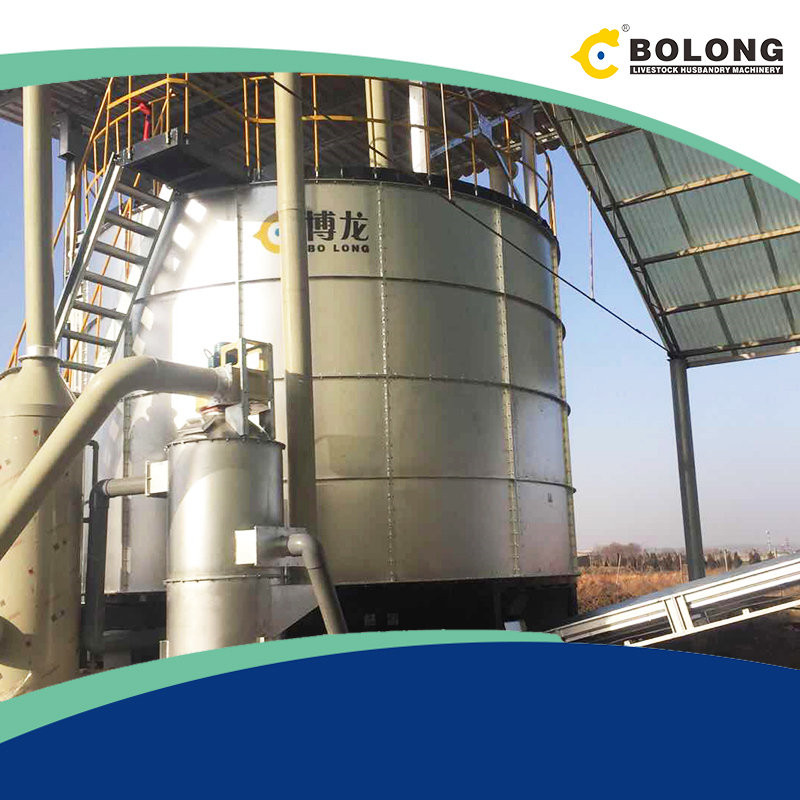
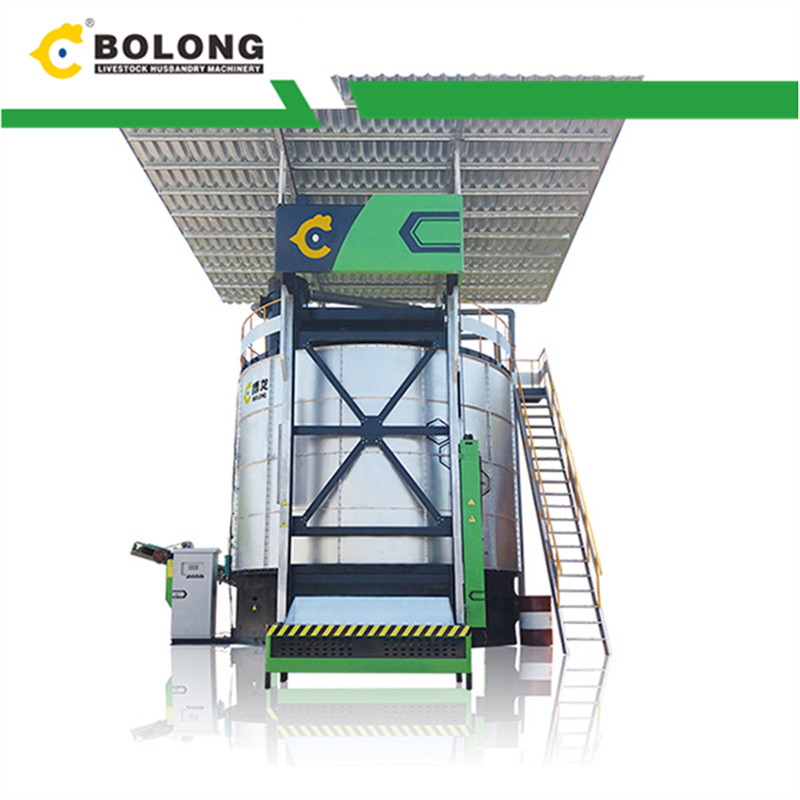

The BPMED system was operated under specific voltage conditions to evaluate the proton and hydroxyl ion generation, ion concentration, and residual ratios. Gas fermentation consistently generated acetate with a stable CO 2 consumption rate (0.167 mmol gcell −1) and an increased rate of conversion of carbon into biochemicals via methanol. The

2021/6/30/ · Fermentation technologies can be used for the production of a plethora of useful products, such as food, feed, biochemicals, biofuels, and biomaterials, using renewable sources instead of fossil-based sources. In this regard, sustainable fermentation technology focuses on the addition of value to biowastes and side streams
